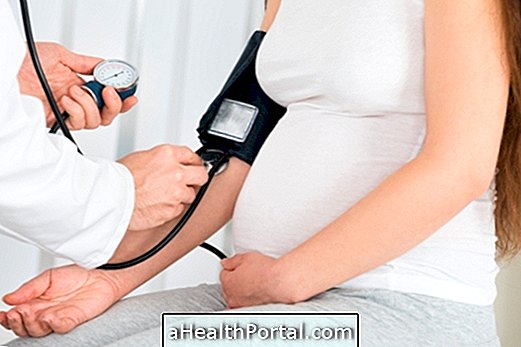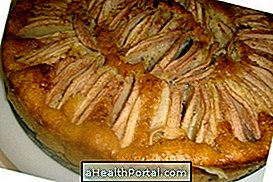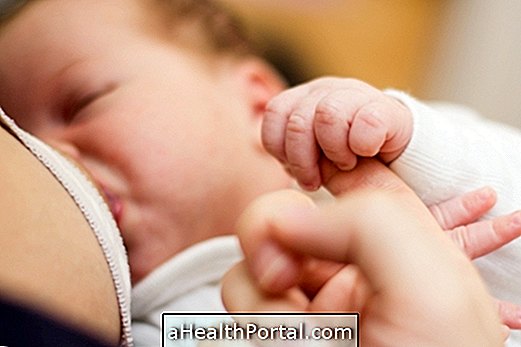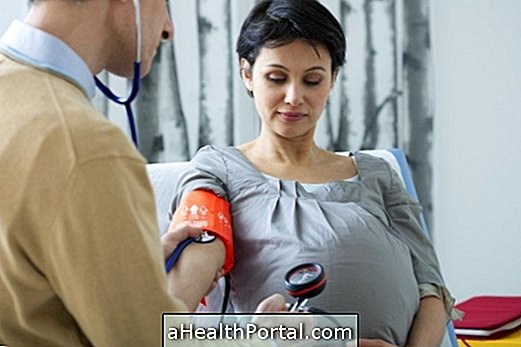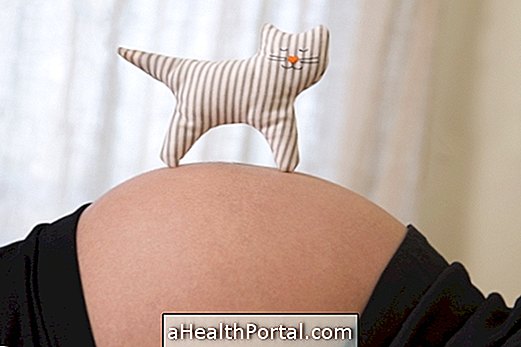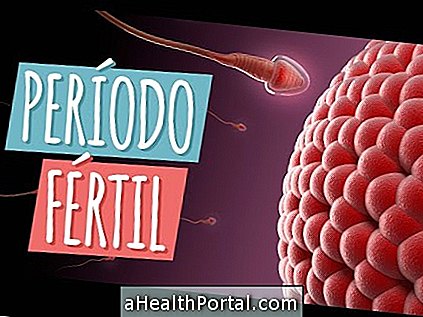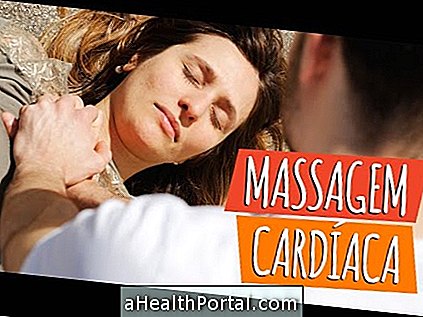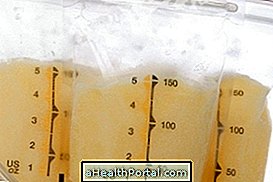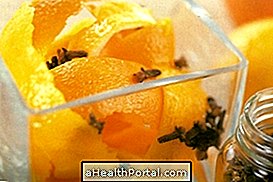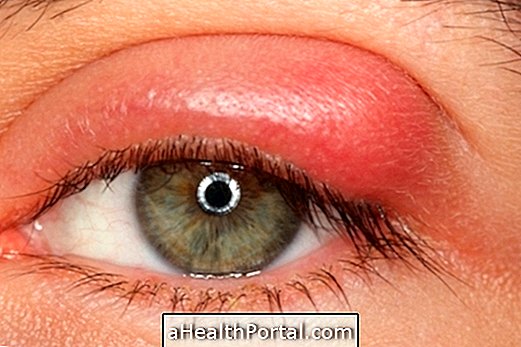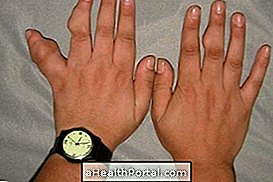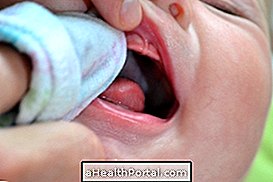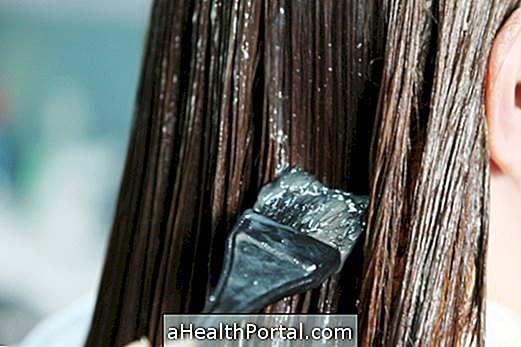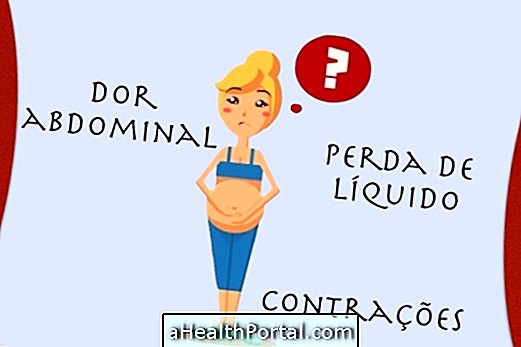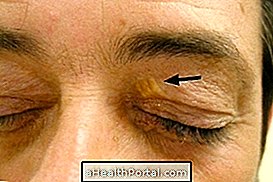During pregnancy of twins, the pregnant woman should have some care, similar to a pregnancy of only a baby, like to have a balanced diet, to do adequate physical exercise and to drink enough liquids. However, these care needs to be reinforced because the pregnant woman carries two babies and the risk of complications such as pre-eclampsia or premature birth, for example, are higher.
For this reason, in pregnancy of twins, it is very important to have more prenatal appointments and to do more exams so the obstetrician can follow the growth and development of the babies, monitor their health, identify early problems and institute the treatment if necessary .
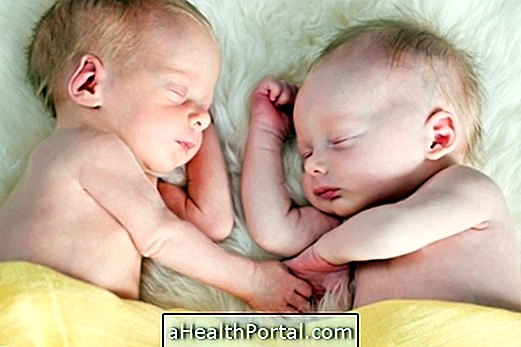
Caring for food
During the pregnancy of twins, the pregnant woman should gain a maximum weight of 20 kg and make a healthy diet that includes:
- Increase your intake of fruits, vegetables and whole grains to help avoid constipation and get a greater amount of vitamins and minerals;
- Increase the consumption of foods rich in folic acid such as cooked chicken or turkey liver, beer yeast, beans and lentils, as folic acid prevents the development of serious diseases in the baby as the spina bifida, for example;
- Increase consumption of foods rich in omega-3s such as salmon, sardines, chia seeds, flax seeds and nuts, for example, as they aid in the development of the baby's brain;
- Make healthy snacks, consisting of fresh fruits, low-fat yogurt or sandwiches with white cheese or lean ham, avoiding foods like cookies, chips and soda;
- Increase the consumption of food sources of iron such as lean red meat, green leafy vegetables and beans because the risk of anemia is greater.
This does not mean that pregnant twins have to eat more or gain twice as much as if they had just one baby. The important thing is to eat healthily, to ensure all the nutrients needed for your health and the baby.
Learn more at: Pregnancy Diet and How Many Pounds Can I Get Fat During Pregnancy?
Care of physical activity
In pregnancy of twins, as in the pregnancy of only one baby, physical exercise guided by the obstetrician and by a physical educator like hiking, swimming, yoga, pilates or water aerobics is recommended as it has many benefits like weight control, to facilitate the work and help with recovery, as well as promoting the health of the mother and the baby.
However, in some cases, the obstetrician may indicate the reduction of physical activity or its prohibition, according to the state of health of the pregnant woman and the babies. In addition, rest may also be indicated to encourage fetal growth and reduce the risk of complications such as preterm birth.
To learn more see: Physical Activity for Pregnancy
Other care during pregnancy of twins
Pregnant women of twins are at higher risk of developing preeclampsia, which is characterized by high blood pressure, presence of protein in the urine and swelling of the body, and premature delivery, so some precautions that may prevent these complications include:
- Measure blood pressure regularly, make a diet low in salt, drink 2 to 3 liters of water a day and fulfill the rest indicated by the obstetrician;
- Take the medicines prescribed by the obstetrician to lower the pressure;
- Be aware and know how to identify the symptoms of pre-eclampsia as blood pressure equal to or greater than 140 x 90 mmHg and sudden weight gain. Learn more at: Symptoms of pre-eclampsia;
- Be aware and be able to identify the signs of premature labor as uterine contractions with intervals of less than 10 minutes and gelatinous discharge, which occur between 20 and 37 weeks of gestation. Read more in: Signs of preterm birth.
To avoid premature birth, the obstetrician may also prescribe the use of oxytocin-containing or corticoid remedies from the 28 weeks of gestation, according to the health of the pregnant woman and the babies.
When they are born and how is the birth of twins
Twins usually are born around 36 weeks of gestation, triplets are usually born at 34 weeks, and quadruplets at 31 weeks. The most indicated birth is the one that the woman and the doctors combine, and there is no compulsion of normal delivery or cesarean section.
In a humanized birth it is possible to have the twins vaginally, even if one of the babies is not fitted, but sometimes the cesarean is indicated for safety reasons, to preserve the life of the mother and the babies, and therefore the most advised is to talk to the doctor about this and together come to a conclusion.
